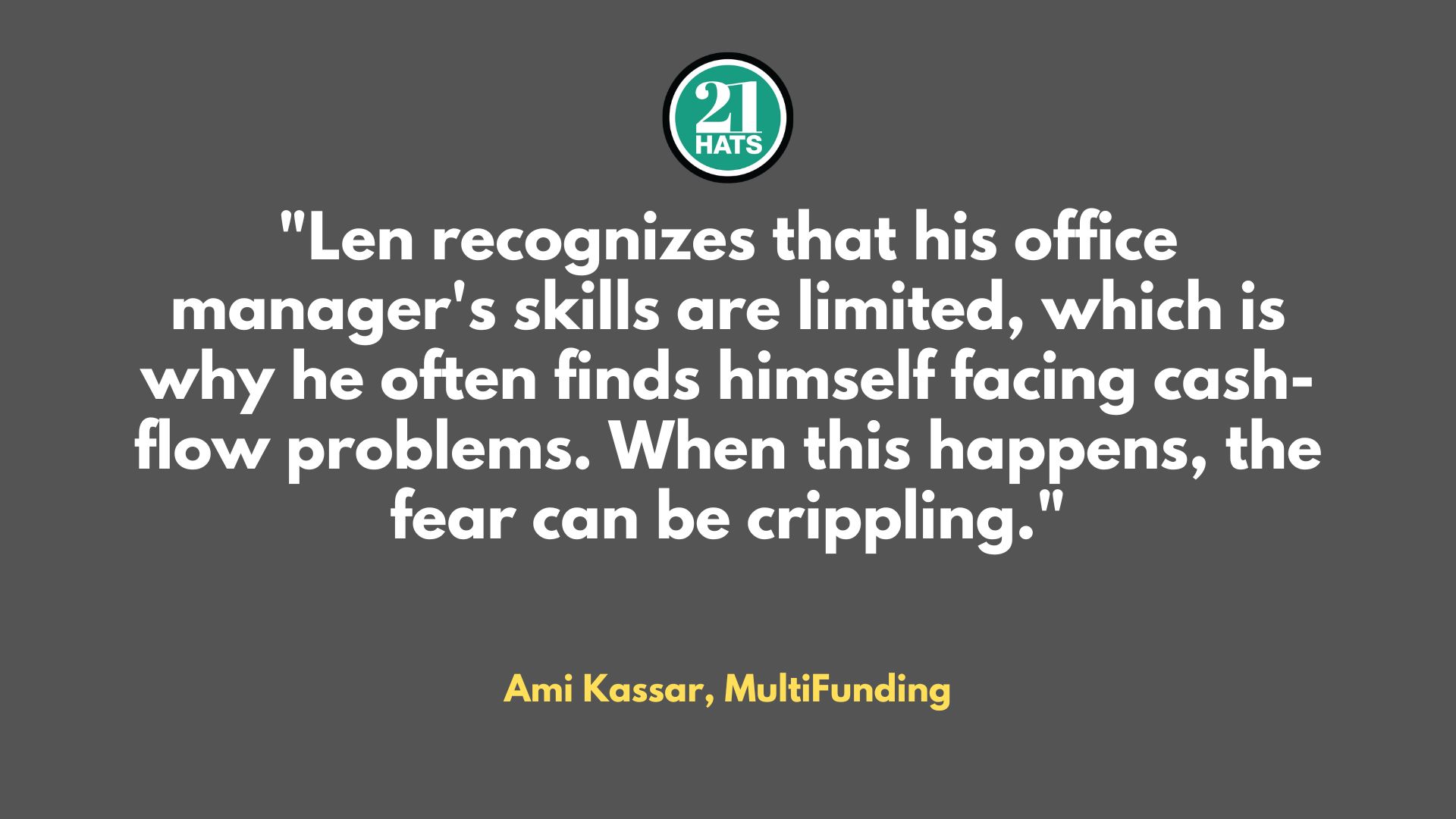When Loyalty Gets in the Way

Every growing business will experience times when employees who have been loyal and hard-working demonstrate that they may not have the skills to grow with the business.
By Ami Kassar
In my last column, “Embracing The Uncomfortable,” I promised to write a series about tough decisions entrepreneurs encounter when trying to take their business to the next level. And this is the first.
The owner of a plumbing business, Len—not his real name—has always been passionate about his trade. He possesses excellent plumbing skills and a strong work ethic, which has allowed him to build his business from scratch. Like many entrepreneurs, however, Len needs more financial and accounting expertise. Managing money is not his forte, and he has relied heavily on his office manager, who has become his trusted companion in many aspects of the business, what some might call his work-wife.
While she has no formal training, Len’s office manager has taken on the responsibility of handling essential accounting tasks, which has allowed Len to focus his energies elsewhere. But while his manager has done her best to figure things out, Len recognizes that her skills are limited. He often finds himself facing cash flow problems and worrying about whether he will be able to meet payroll. When this happens, the fear can be crippling.
And yet, despite the challenges, Len feels emotionally attached to his bookkeeper, who has been an integral part of the business for years. Intellectually, he knows he could benefit from professional financial assistance. But he also believes that his company would be even more out of control had she not been by his side. Those conflicting emotions have left him feeling paralyzed.
Recently, Len was introduced to some financial advisors who could provide his needed expertise. He knew deep down that bringing in outside help was crucial for the future health of his business. Emotionally, however, he struggled to take that significant step. Instead, he has added an extra truck and crew, which has improved cash flow, and things have been looking up of late. While this improvement has momentarily eased his concerns, he still cannot forecast or plan for the future.
Len’s situation is a common one for entrepreneurs. The intense loyalty they feel toward those who have helped them reach their current level of success can blind them to the need for change. Len knows that to ensure the long-term success of his business, he eventually will have to add additional layers of financial support.
In theory, it’s possible that the right advisor could either train or supervise his current office manager to build her skills, and everything just might work out. It’s also possible that the outside help might cause chaos in the small office culture and disrupt its work rhythm. It’s really difficult to predict how it will go.
From a distance, Len’s situation may seem easy to assess. But the reality is that we all have areas like this in our business where we know we need to make a change, and for different reasons, we struggle to take action.
So in what area are you like Len, and what change would you like to make?
Ami Kassar is CEO of MultiFunding.